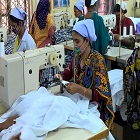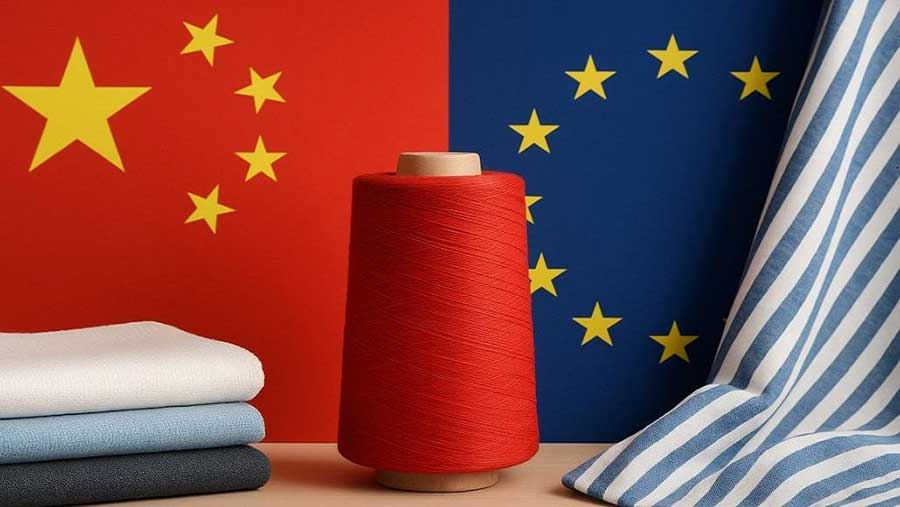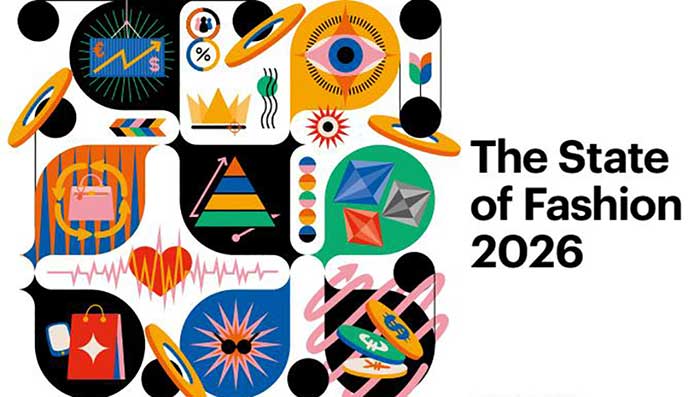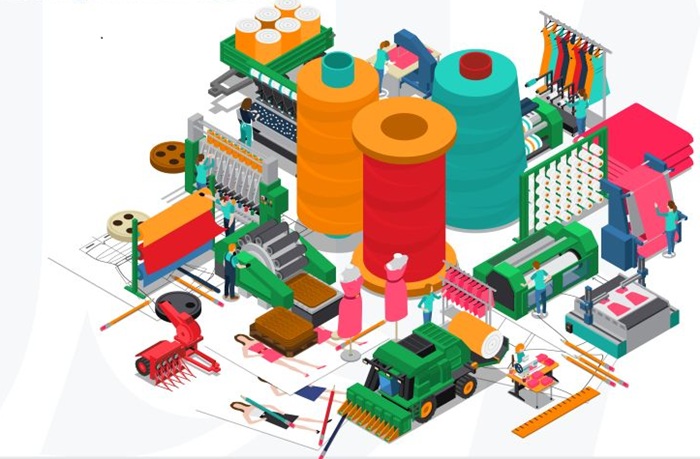"The Bangladesh government is taking a major step to show that the right lessons have been learned, after the numerous RMG factory accidents. Besides the Accord/Alliance restructuring and safe-guarding programs, another RMG rescue plan is being implemented which also seeks defensive and insurance-driven priorities; unlike the Accord/Alliance and other similar pursuits, this one creates a fund with two accounts (beneficiary and contingency) for future exigencies."

The Bangladesh government is taking a major step to show that the right lessons have been learned, after the numerous RMG factory accidents. Besides the Accord/Alliance restructuring and safe-guarding programs, another RMG rescue plan is being implemented which also seeks defensive and insurance-driven priorities; unlike the Accord/Alliance and other similar pursuits, this one creates a fund with two accounts (beneficiary and contingency) for future exigencies. While the former facilitates grants that workers and their family members may dip into, the latter would look after group and health insurance premiums as well as remuneration during work stoppages.

The fund would be fed by a .03 per cent payment of all RMG export freight- on-board (FOB) price and any voluntary contributions from the government and buyers. It stems from the amended 2013 labour law that was effective as of September 2014. Behind that amendment was the argument that export-oriented sectors should have a welfare fund.
A move in the right direction
The Bangladesh government is taking a major step to show that the right lessons have been learned, and must be applauded. It must also see this as a ‘first’ step: subsequent steps should be to make government contributions permanent, for example, match every RMG taka with one from the national coffer; and ramp up periodic (even unannounced) inspection visits just to see if the new installations remain functional. Both these "subsequent steps" would be an investment into the country's future health: it would show the respect even workers need, breed incentives within their families, and thereby across the country, and offset external complaints that we are more callous than caring. Taxing luxury consumption to pay for the extra dip into the national coffer could be a good step, since the key beneficiaries of RMG assembly line workers are none other than businessmen who, by and large, disproportionately purchase luxury goods. Once the businessman is taken out of the equation, the country itself becomes the key beneficiary.
The government could start raising the ante for central funds with incentives to other private contributors, in the same way: tax exemptions can be given for each contributor to the extent of each contribution, not only for the actual contribution but also that same value of other income of the contributor. Wealthy Bangladeshis would be motivated, as too foreign buyers and investors.
A win-win situation
Bangladesh’s RMG central fund can be seen as an equivalent of the ‘poor laws,’ but like those other countries, should deepen into other forms, legislations, and measures.
A win-win outcome awaits both the RMG sector and the country if all the players make the correct move selflessly, not just the government with the fund, but, and more particularly, the RMG owners with much-needed reforms, as outlined in the post-Tazreen, post-Rana Plaza Accord/Alliance formula. As of May 2016, out of the 1,452 Accord/Alliance inspected factories, seven had completed the reforms fully, 57 were close to a full-reform completion, and 1,388 were still behind. Out of its $50 million five-year budget, the Accord/Alliance has spent $30 million, yet the future is open to immense opportunities even with such large expenditures. As Bjorn Lomborg of the Copenhagen Consensus Center noted, full reform compliance would cost Tk 234 billion, yet since the 2021 target of exporting TK 3.9 trillion ($50 billion) worth of RMG products is possible, earnings would be 14 times higher than costs, and the creation of any RMG special zone, as is being planned, would add 300,000 new jobs in 142 new factories for only Tk 1.3 billion, but eventually fetch Tk 312 billion of new income.












